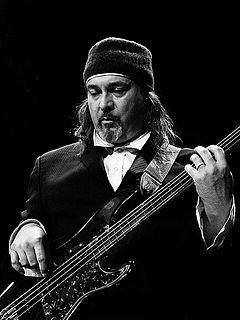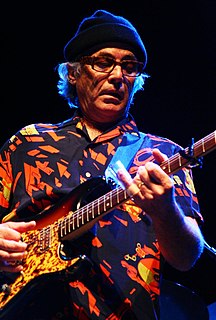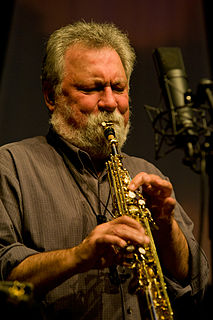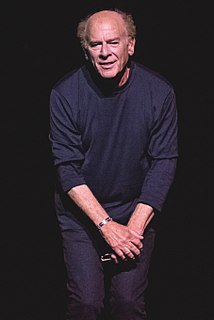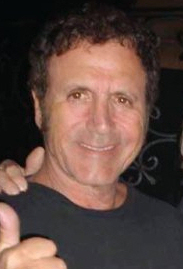A Quote by Shaggy
The thing about Shaggy's records are those records are very timeless.
Related Quotes
The fans are the end result of what we do. Sometimes I think we forget that those are the folks that mean it in this game. There's plenty of evidence to be found that you can have all the #1 records in the world, but if you really ain't touchin' them, you don't come home with gold records and platinum records. I'm very proud that we've only had one #1 record, but we've sold two and one half million!


